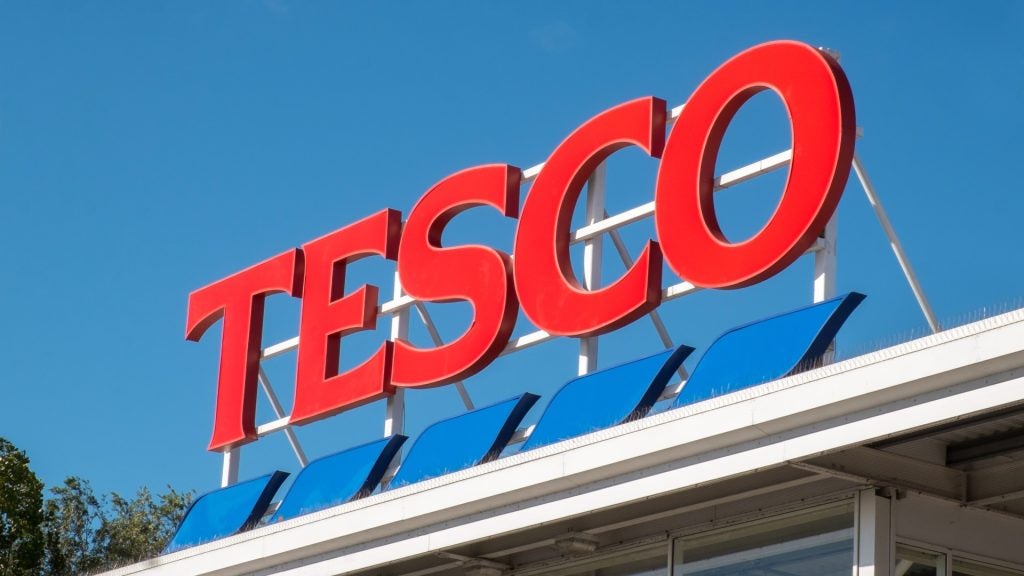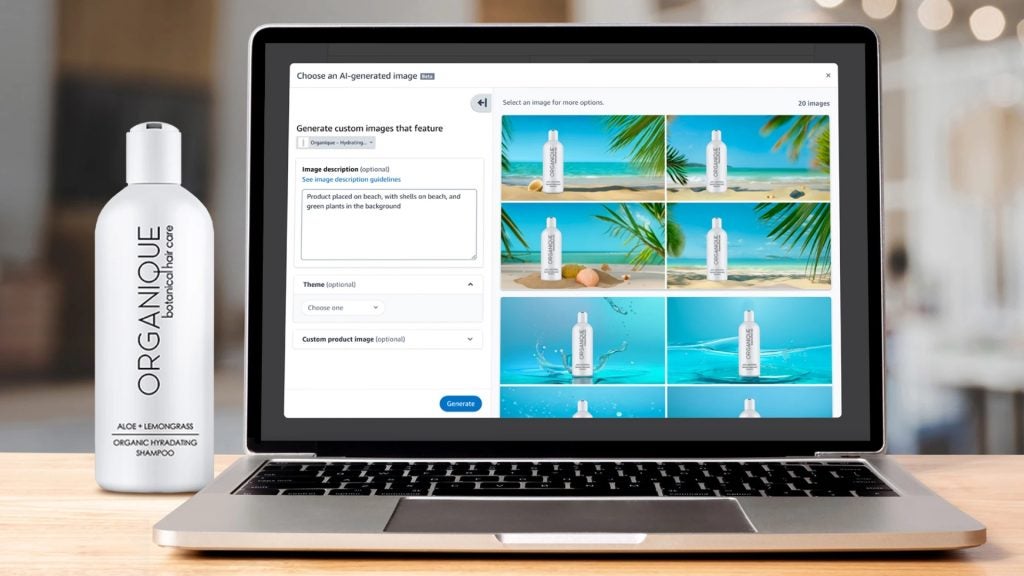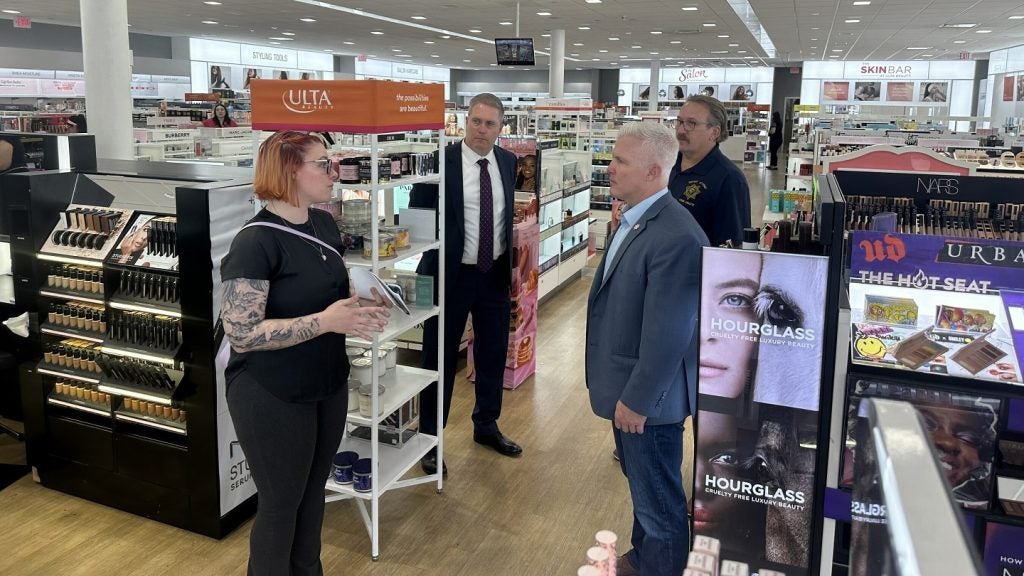Tesco said its efforts to promote healthier shopping baskets have shown a significant impact, with 3.3 million customers purchasing at least 10% more healthy products in 2022.
In a recent report, the retailer signified a shared responsibility in creating a contemporary food system that promotes better access to a healthy and sustainable diet for all.
Results from Tesco's Better Baskets campaign
In a recent report, Tesco disclosed the success of its Better Baskets campaign, highlighting a 12% increase in volumes driven by customer shifts to healthier product lines.
Tesco chief commercial officer Ashwin Prasad attributes this success to strategic interventions, including the removal of HFSS multibuy promotions, signposting for healthier products, and a comprehensive reformulation initiative.
These changes were implemented a year ago in response to legislative adjustments for high-fat, sugar and salt (HFSS) products. They aim to empower customers to make healthier choices without compromising on value.
Key findings and progress towards healthy sales target
The report outlines key findings, indicating that more than 500,000 Tesco customers now have shopping baskets comprising at least 65% healthy products.
Noteworthy achievements include a 12% increase in sales volumes for Better Baskets products through in-store zones and an 80% engagement rate on the digital Better Baskets hub.
Tesco's commitment to a healthy sales target of 65% by 2025 is supported by impressive figures, such as an 11% growth in low and no-sugar drinks, a 50% surge in sales of healthy snacking crisps, and an 8% rise in sales volumes of new and reformulated healthier biscuits in the past year.
Ashwin Prasad underscores the importance of these initiatives in combating rising obesity rates: “I’m encouraged by the progress so far and look forward to even greater collaboration with our suppliers and partners as we work towards our 2025 goal.”
Collaborative approach to healthier diets
The British Nutrition Foundation CEO Elaine Hindal emphasises the need for collaborative efforts in addressing health challenges related to poor diets, stating: “The pace and scale of the changes required to our food environment call for close collaboration and shared responsibility and it is only by working together that we can balance the needs of a contemporary food system, with better access to a healthy and sustainable diet for all.”
Partnering with Tesco, she sees this collaboration as a meaningful step toward delivering a genuine impact on the UK food environment.
















